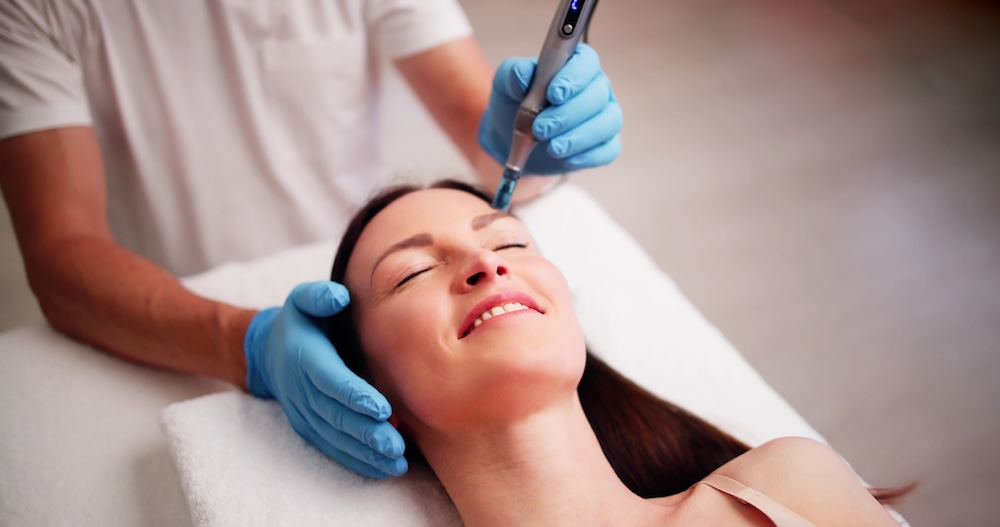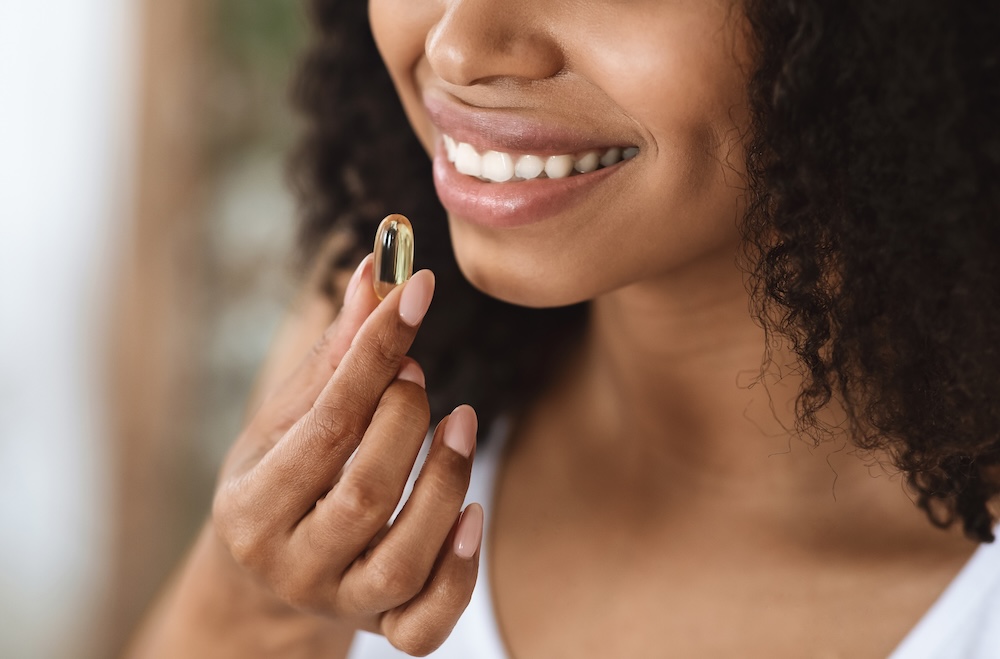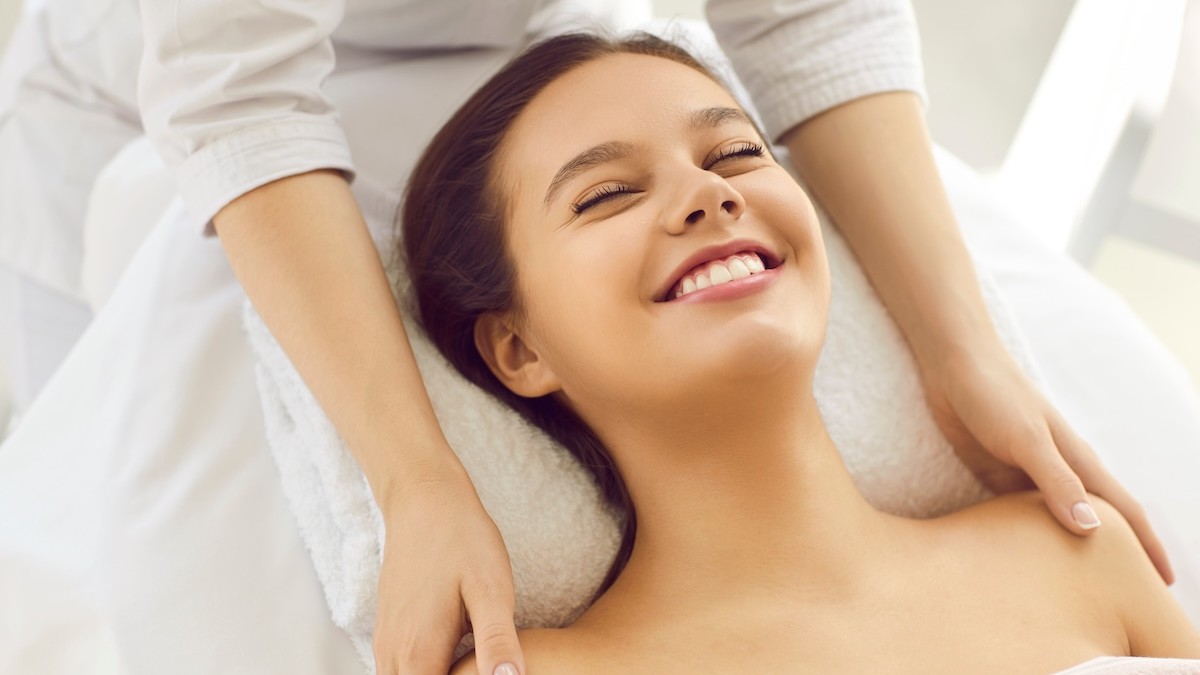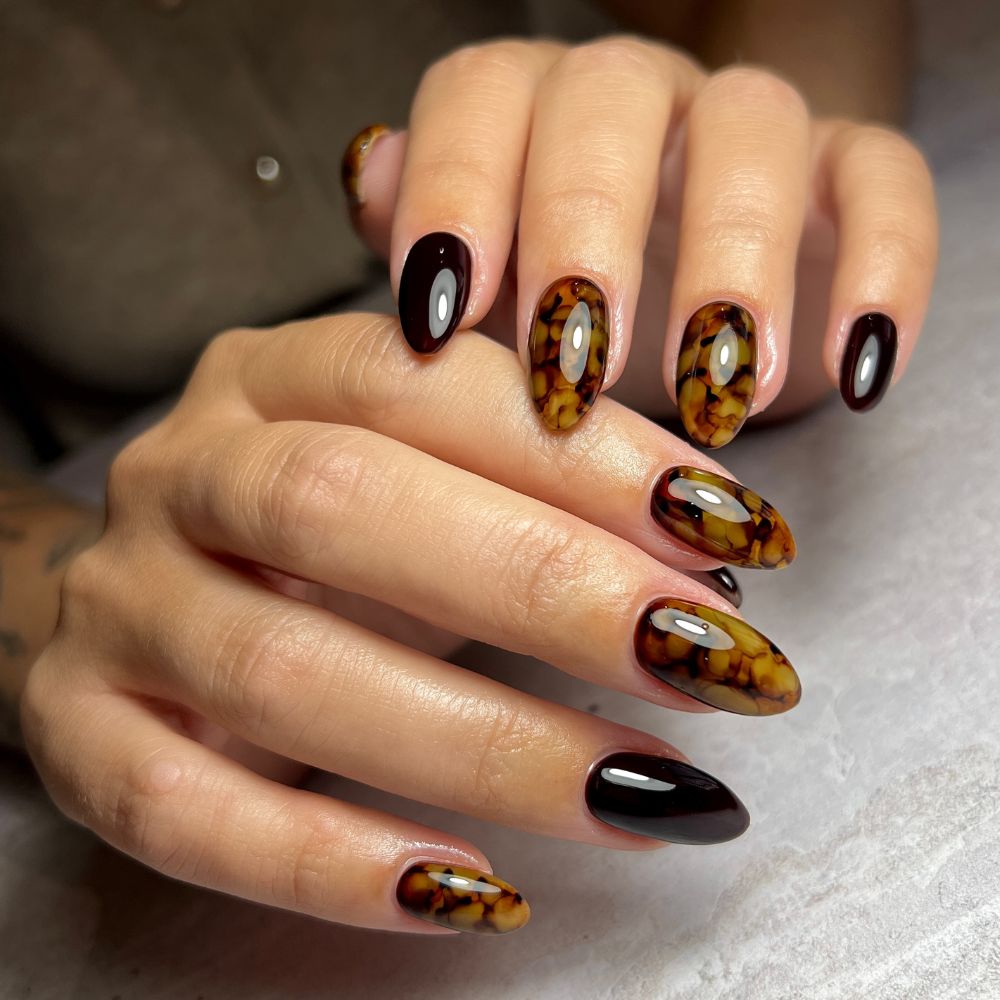New research highlights what’s driving professional beauty and grooming treatments in 2025 – from trust in experts to the rise of slow-ageing and mood-boosting experiences
According to market intelligence leader Mintel’s The Professional Beauty and Grooming Treatment Consumer 2025 report – in collaboration with Professional Beauty UK and Salon International – 61% of UK adults who’ve had a professional beauty or grooming treatment say a pleasant experience is more important than how much it costs.
This signals a shift towards wellbeing-focused, mood-boosting salon visits as clients seek more than just results from their treatments.
As professional services return to strength after the pandemic, 11% of UK adults received a treatment from a beauty therapist or aesthetician in the 12 months to March 2025, up slightly from 10% in 2019.
Hair treatments remain more common, with 35% receiving a haircut or trim, though still below pre-pandemic levels (42%).
Trust and expertise are driving salon loyalty
While at-home beauty innovations continue to evolve, professional expertise remains key to consumer trust.
Mintel found that 67% of UK beauty and personal care buyers prefer to have a consultation in person rather than online, reinforcing the importance of education-led appointments that prioritise knowledge-sharing over product sales.
Even as 41% of facial skincare users say they trust products that claim to deliver “Botox-like” results, salons have a unique opportunity to bridge the gap between professional and at-home care through credible expertise.
Ageing concerns shape treatment choices
The slow-ageing trend continues to dominate client behaviour, with 44% of UK adults worrying they’re not doing enough to slow visible signs of ageing.
Treatments such as microneedling, facial workouts and massage-based facials are attracting strong interest, as consumers focus on preventative rejuvenation rather than correction.
Older clients also represent a growing market segment. Mintel data shows that 44% of UK adults aged 65+ had a professional haircut, treatment or colour in the three months to March 2025, compared with 35% of the population overall.
However, only 2% of those aged 65+ received a professional beauty treatment, indicating an untapped opportunity for salons catering to this demographic.

The rise of inclusive and experience-led beauty
Accessibility and inclusivity are emerging as defining trends for 2025.
Mintel found that 17% of UK adults living in urban areas received a professional beauty treatment in the past three months, compared to just 3% in rural locations, suggesting that convenience and availability remain barriers for many.
The report also highlighted that 15% of the UK population is neurodivergent, emphasising the need for more inclusive salon environments, while 12% of adults report experiencing hair loss or alopecia, yet many struggle to find stylists who understand their needs.
Social media still influences treatment discovery
Social platforms remain powerful discovery tools, with 40% of UK adults saying social media has encouraged them to try a new treatment and 44% learning about trends through social media content. YouTube continues to perform strongly, as 50% of users find beauty content informative, while 40% consider it trustworthy.
These insights highlight the importance of social proof and digital storytelling for salons, particularly when showcasing trending treatments such as Japanese head spas, digital perms and the growing K-Beauty-inspired service menu.
Balancing sustainability and performance
Sustainability remains a consideration, but performance takes precedence.
While 46% of UK adults look for salons reducing their environmental impact, 68% of haircare buyers say high performance is more important than sustainability.
This balance will be key for brands and salons looking to communicate eco-friendly credentials without compromising results.
Inside-out beauty is on the rise
Mintel’s research also points to strong interest in beauty supplements, with consumers increasingly linking skin and hair health to overall wellbeing.
The top claims attracting interest include anti-ageing (31%), improving skin conditions (27%), and hair growth (33%), reinforcing the demand for holistic approaches to beauty.

Key takeaways for beauty professionals
- Prioritise experience – clients value enjoyment and wellbeing over discounts.
- Build trust through expertise – in-person education is essential.
- Align with slow-ageing and inclusivity trends – cater to older and diverse clients.
- Leverage social media and reviews – digital storytelling drives treatment discovery.
- Balance performance with sustainability – clients want efficacy first.
Mark Moloney, managing director of Professional Beauty and Salon International, said, “This collaboration with Mintel has given us an incredible window into how hair and beauty treatments fit into people’s lives today – it’s not about perfection, it’s about personal confidence and connection.
“Even with financial pressures, consumers are still finding room for the rituals that make them feel good. What we’re seeing is a new definition of beauty luxury one that’s centred on experience, wellbeing, and trust rather than price.”
Jane Henderson, founder and chair of Mintel Beauty & Wellness, added, “The profound connection between UK hairdressers and their clients often plays a vital role in individuals' lives.
“In these uncertain times, prioritising well-being has become essential, and the hairdressing industry transcends the ordinary, revitalising and uplifting everyone who walks through their doors.
“It's no surprise that statistics reveal a remarkable loyalty among clients, highlighting the importance of this relationship in fostering joy and confidence.”
Methodology
The findings are based on a series of Mintel consumer surveys conducted between December 2023 and August 2025, covering over 2,000 UK adults aged 16+.
The research draws on Mintel’s proprietary data on beauty, grooming and wellness behaviours, combined with market analysis and trend tracking.




square.jpg)